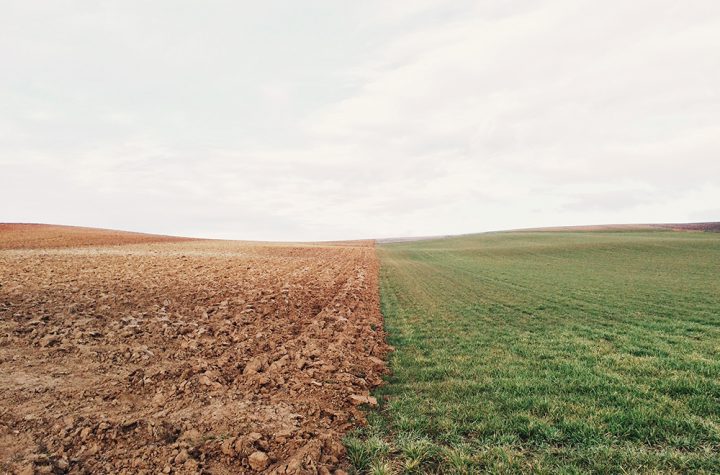
By Maureen McCall
Just three days into a new decade Canadians woke up to a new geopolitical reality. The U.S. drone strike in Iraq that killed Iranian General Qassem Soleimani has raised fears that an escalation of the U.S.-Iran conflict could disrupt world oil supply. Policy discussions have suddenly pivoted from weaning the world from fossil fuels to hard questions about global and energy security. Some analysts argue Iran will back attacks on oil infrastructure in the Persian Gulf and the rest of the Middle East and maybe even on Saudi Arabia’s oil infrastructure if tensions escalate sufficiently.
The political and even military disruption that could ensue could be considerable. The oil supplies and economies of almost every country could be affected, including Canada’s. We still buy Middle Eastern oil despite our considerable domestic supplies and, of course, if the world price of oil rises, that affects everyone. The airstrike has reminded us — and it seems many of us had forgotten — that oil and gas resources are still geopolitically important.
The current Iranian regime has disrupted many countries with “proxy wars” — supporting opposing sides in conflicts in Syria, Yemen and Iraq, involving itself in disputes in Bahrain, Lebanon, Qatar, Pakistan, Afghanistan, Nigeria and Morocco, and competing more broadly in North and East Africa and parts of south and central Asia. In addition to direct disruption of Gulf infrastructure and shipping, Iran might well step up its foreign adventurism.
Over the past decade a lack of awareness or maybe even just forgetfulness about the depth of Middle East conflicts has allowed us the luxury of contemplating our own deliberate disruption of this country’s massive fossil fuel reserves. We have entertained overstatements about “climate emergencies,” we have examined scientific data only superficially and we have welcomed world-famous activists to lecture us on climate “truths.” To go along with UN climate edicts, we have politely declined to question the high real-world costs of their unrealistically tight timelines. We have indulged ourselves in setting climate targets that would severely tax our industries and workers — mainly, it seems, as a form of global virtue-signalling. And we have diverted money to a federal government that has bold climate goals but only the vaguest and most ill-defined plans for achieving them.
All that may change following the death of Gen. Soleimani. Canada’s wealth of natural resources now suddenly looks a lot more useful and valuable than it did just weeks ago. Especially since we can develop them responsibly while being mindful of carbon efficiencies and with excellent environmental stewardship. One thing that hasn’t yet changed in 2020, is that Canadians — especially Western Canadians — face the reality of vulnerable jobs, capital flight, increasing household debt, increasing government deficits, and big changes in the workplace. Climate-change initiatives that tax the average Canadian and now endanger our energy security have been a lot to ask in this kind of environment.
Perhaps the start of 2020 is an inflection point at which we pivot from climate alarmism to realistic discussions of energy development and security, in addition to environmental stewardship. Energy resources are geopolitical and Canadians are uniquely equipped to manage them responsibly. So, here’s to a new focus and a more balanced discussion of all these matters at the start of this new decade.
Maureen McCall is an energy professional currently serving on the Board of Directors of the Petroleum Joint Venture Association.





More Stories
US president-elect Joe Biden has listed four priorities for his forthcoming presidency. These include Covid-19, economic recovery, racial equity and climate change.
What are the restrictions within Victoria and the border closures with NSW and Queensland? How far can I travel, and how many people can I have over at my house? Untangle Australia’s Covid-19 laws and guidelines with our guide
Apple has suspended new business with supplier Pegatron after the Taiwan-based original equipment manufacturer misclassified student workers. Apple also said Pegatron broke its Code of Conduct for suppliers. In a statement provided to Bloomberg, Apple said, “…